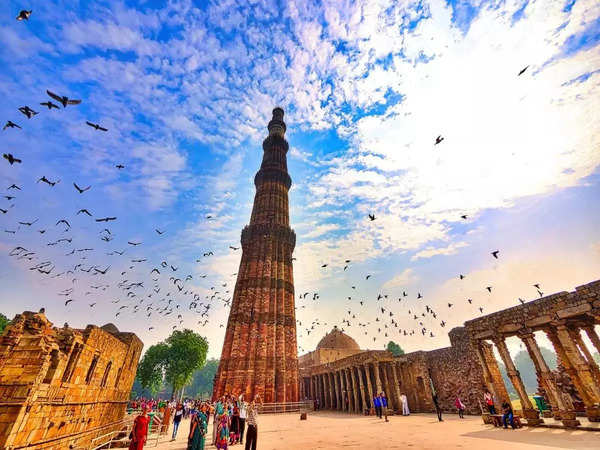Our Terms & Conditions | Our Privacy Policy
Why is Delhi suddenly so warm? Here’s what IMD predicts for the coming days |
Delhi recorded a minimum temperature of 9.3°C on Wednesday, slightly above the seasonal average. According to the India Meteorological Department (IMD), a strong western disturbance and southerly winds have contributed to the warmer-than-usual conditions. Dr. Soma Sen Roy, an IMD scientist, stated that the region might experience a slight dip in temperature starting January 24, as the western disturbance moves away.
Warmest January day in 6 years
Delhi experienced the warmest January day since 2019 on January 19, with a maximum temperature of 26.1°C. The peak winter season, which typically lasts from December 27 to January 20, saw fewer chilly days and nights this year. It is the mildest winter since 2015–16, with an average low temperature of 9°C, two degrees above average, according to IMD statistics.
Read more: Himachal’s Pong Dam wetlands welcome over 92,000 migratory birds from 85 species
Frequent western disturbances disrupted the northerly wind flow, which usually brings cold conditions to the region. Instead, southwesterly winds from the Arabian Sea kept extreme cold at bay, resulting in milder nights and fewer cold waves.
Rain and fog forecast for Northern India
Rainfall is expected on January 22 and 23 across Punjab, Haryana, Delhi-NCR, western Uttar Pradesh, and northern Rajasthan, according to IMD. Additionally, it is anticipated that dense fog would continue to exist in Odisha, West Bengal, Jharkhand, Bihar, and Uttar Pradesh.
The peak temperature in Delhi is expected to be about 24°C, although the air quality issue still remains the problem. Reports added that the Air Quality Index (AQI) for Wednesday was 262, which indicated “poor” category.
Read more: Maha Kumbh 2025 spurs 21.4% surge in spiritual tourism visa applications to India: Report
Meteorologists believe the peak winter in Delhi may have ended earlier than usual. La Niña conditions, which were expected to intensify winter in North India, have not developed as anticipated. Combined with the effects of western disturbances, this has led to warmer nights and a deviation from typical winter patterns.
Temperatures are predicted to marginally drop over the next few days, prolonging the winter spirit even though extreme cold is unlikely.
Images are for reference only.Images and contents gathered automatic from google or 3rd party sources.All rights on the images and contents are with their legal original owners.



Comments are closed.